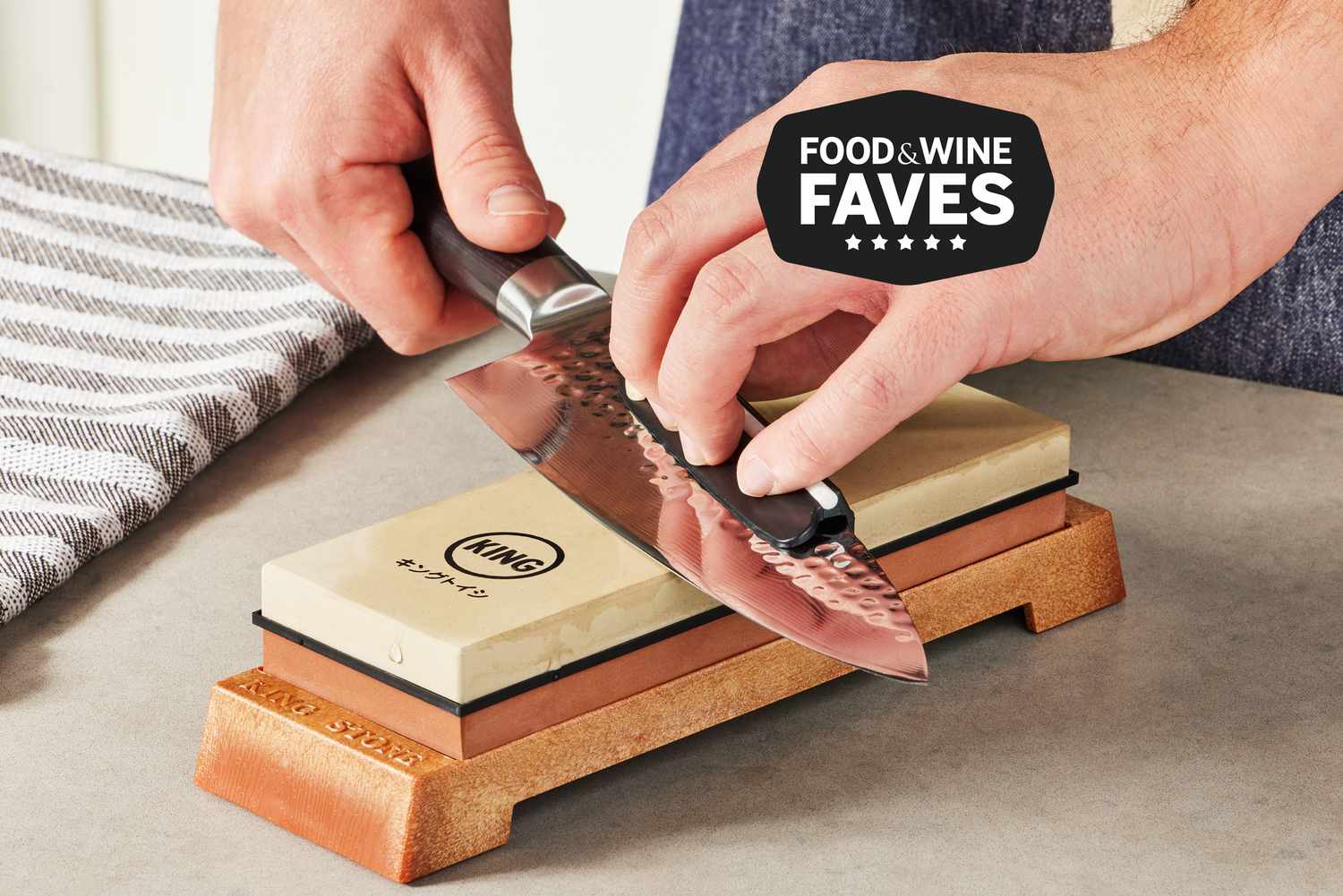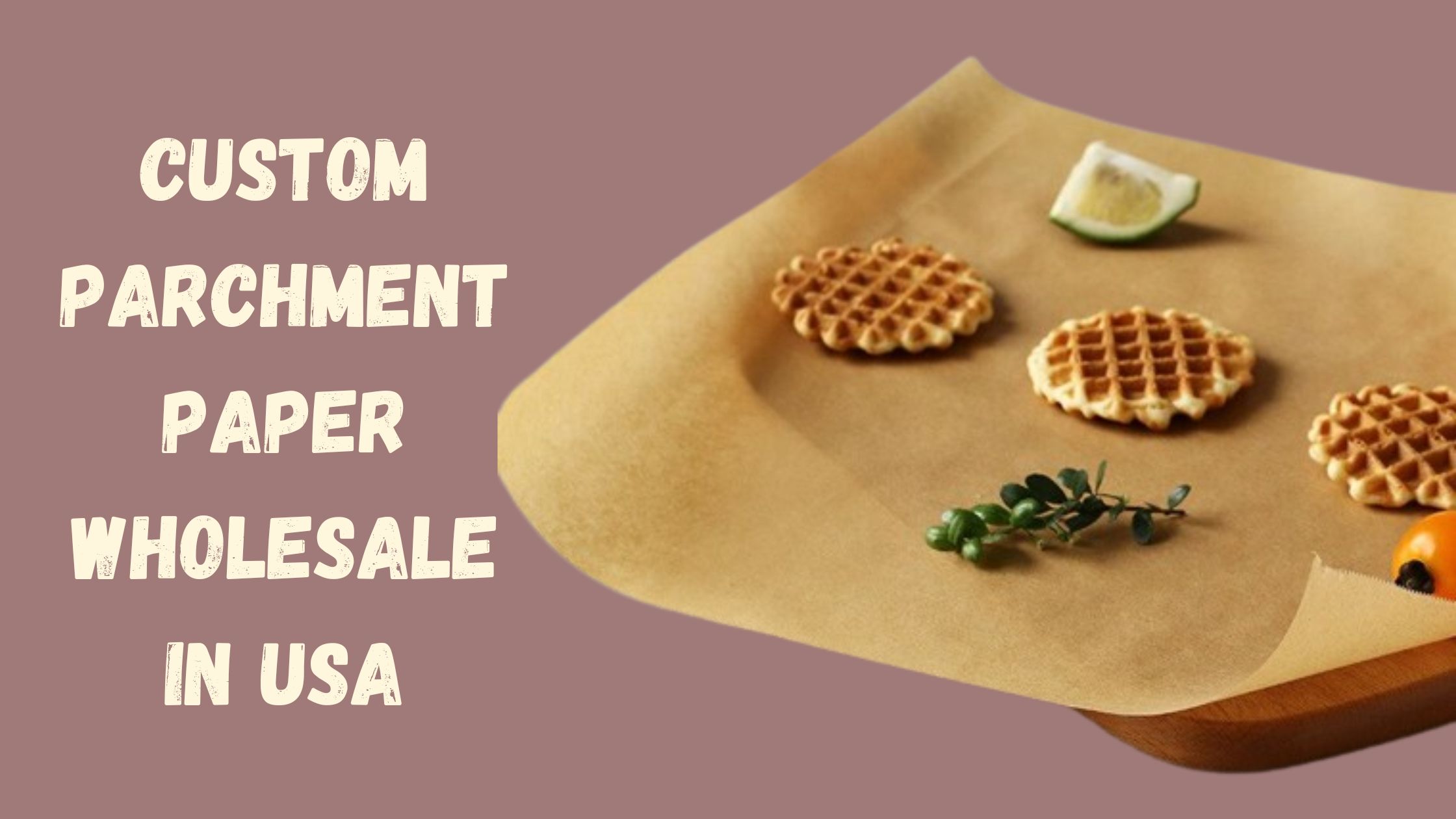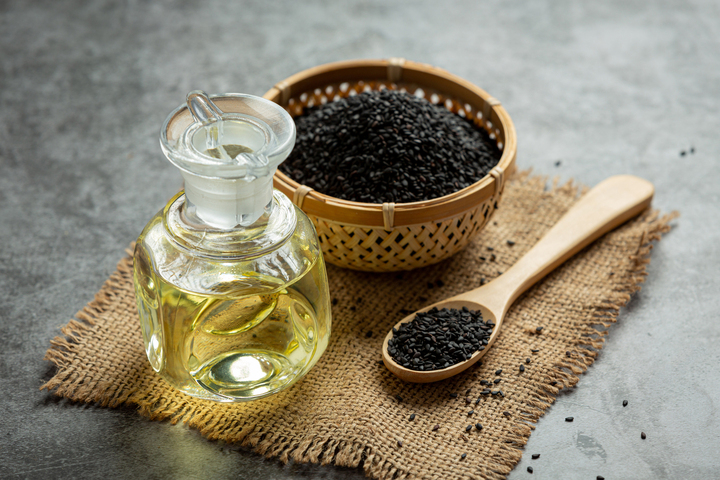For centuries, sharp knives have been essential tools in kitchens, workshops, and outdoor settings, and the art of keeping them sharp has always been crucial. Among the various methods available for maintaining the keen edge of a knife, oil stones stand out for their reliability and precision. These sharpening stones have been used across generations and cultures, proving their effectiveness in maintaining and restoring blades. But with the wide variety of options available, how do you choose the best oil stones UK has to offer? This article delves into the history, types, and top recommendations for oil stones, guiding you through the process of selecting the perfect sharpening tool.
What Are Oil Stones?
Oil stones, also known as Arkansas stones or whetstones, are sharpening tools used to grind and hone the edges of blades. What sets them apart from water stones or diamond stones is their use of oil as a lubricant. This oil helps carry away metal particles, known as swarf, that accumulate during the sharpening process. The result is a smooth, clean sharpening surface that produces a finely honed blade.
Historically, oil stones were made from natural materials such as novaculite and silicon carbide, prized for their durability and effective sharpening properties. Over time, manufacturers have introduced synthetic oil stones, which offer consistency in grit and performance. These stones are indispensable for anyone looking to maintain sharp knives, from professional chefs to home cooks and outdoor enthusiasts.
A Brief History of Oil Stones
The use of stones for sharpening dates back thousands of years. Ancient civilizations, including the Egyptians and Mesopotamians, used natural stones to sharpen tools and weapons. In Europe, sharpening stones became essential for blacksmiths, who needed to maintain the cutting edges of swords, knives, and agricultural tools. Natural sharpening stones UK have long been recognised for their ability to create a sharp, polished edge.
The development of oil stones, particularly those made from novaculite found in the Ouachita Mountains of Arkansas, moved the knife sharpening industry forward. Known for their fine grit and ability to produce razor-sharp edges, Arkansas oil stones became the gold standard in the 19th and 20th centuries. They were—and still are—used by woodworkers, butchers, and anyone who requires precise, durable edges on their tools.
How Oil Stones Work
Oil stones work by removing small amounts of metal from the edge of the blade, refining the bevel and sharpening the knife. The grit of an oil stone determines how fine or coarse the sharpening process will be. Coarse grits are ideal for shaping or repairing damaged edges, while finer grits are used for honing and polishing.
When sharpening with oil stones, it’s important to apply a light layer of honing oil. This reduces friction and prevents the metal particles from clogging the pores of the stone, ensuring that it remains effective throughout the sharpening process. Over the years, oils used in sharpening have evolved from simple mineral oils to specialised honing oils that improve performance and prolong the life of the stone.
Top Oil Stones for Knife Sharpening
With the growing demand for knife sharpening tools in the UK, there is no shortage of oil stones near me options for consumers. Here, we compare some of the top oil stones for sharpening, based on quality, grit, and overall performance.
1. Norton India Combination Oil Stone
- Type: Synthetic
- Grits: Coarse (150) and Fine (400)
- Best For: General-purpose sharpening
- Overview: The Norton India Combination Oil Stone is one of the most popular options for both professionals and hobbyists. It features a coarse side for fast material removal and a fine side for finishing and polishing. The synthetic material provides consistent results, making it a reliable choice for everyday sharpening tasks. This stone is ideal for sharpening kitchen knives, pocket knives, and chisels, and can be found in many knife sharpening tools UK Its versatility and affordability make it a top choice for beginners and experienced users alike.
2. Smith’s Tri-Hone Arkansas Sharpening Stones
- Type: Natural (Arkansas)
- Grits: Fine, Medium, Coarse
- Best For: Precision sharpening and honing
- Overview: Smith’s Tri-Hone system offers three types of stones in one package: coarse synthetic stone for fast sharpening, medium Arkansas stone for refining, and fine Arkansas stone for final polishing. This combination makes it one of the top oil stones for sharpening, especially for those who need versatility in their sharpening process. The fine Arkansas stone is particularly prized for its ability to produce razor-sharp edges, making it perfect for high-quality chef knives, woodworking tools, and even straight razors. The Tri-Hone system is compact and easy to use, making it a great choice for both professional kitchens and home use.
3. Lansky Soft Arkansas Bench Stone
- Type: Natural (Arkansas)
- Grits: Soft (Medium Grit)
- Best For: Honing and maintaining edges
- Overview: The Lansky Soft Arkansas Bench Stone is designed for honing and finishing, providing a smooth and polished edge. It is a natural stone that delivers consistent performance over time, making it an excellent choice for those who want to maintain sharp knives without aggressive sharpening. This stone works best when paired with a fine honing oil, as it allows for precise edge alignment and reduces the risk of over-sharpening. Lansky is well-known in the sharpening industry for its high-quality products, and this stone is no exception.
4. Dan’s Whetstone Hard Black Arkansas Stone
- Type: Natural (Arkansas)
- Grits: Ultra-fine
- Best For: Precision polishing and edge refinement
- Overview: When it comes to producing a mirror-like finish on a blade, few stones compare to Dan’s Whetstone Hard Black Arkansas Stone. This ultra-fine stone is one of the best oil stones available for honing blades to perfection. It is often used by knife enthusiasts and professionals who need the sharpest possible edge. This stone is best suited for high-end knives and tools that require extreme sharpness. The ultra-fine grit ensures that the edge is polished and precise, making it ideal for surgeons’ tools, straight razors, and specialty knives.
Comparing Oil Stones: What to Look For
When comparing UK sharpening stones, it’s important to consider several factors:
- Grit Levels
Oil stones come in a range of grit levels, from coarse to ultra-fine. Coarse stones are ideal for reshaping and repairing damaged blades, while fine stones are used for polishing and honing. A combination stone, like the Norton India stone, offers versatility for different sharpening needs. - Material
Natural oil stones, such as Arkansas stones, offer high durability and precision, but synthetic stones provide consistent grit across the surface. The choice between natural and synthetic largely depends on personal preference and the types of knives being sharpened. - Ease of Use
Some oil stones, like the Smith’s Tri-Hone system, come with multiple grit options in one tool, making them easier to use for beginners. For more experienced users, a single stone like the Lansky Soft Arkansas might be sufficient for regular maintenance. - Durability
Natural stones, particularly those from the Arkansas region, are known for their durability and can last a lifetime if properly cared for. Synthetic stones also offer longevity but may require more frequent maintenance. - Price
Oil stones range in price depending on the material and grit level. Natural stones tend to be more expensive, but they offer superior performance for professional use. Synthetic stones are often more affordable and still provide excellent sharpening capabilities.
Conclusion: Where Knives Are, Oil Stones Follow
Oil stones have stood the test of time, continuing to serve as one of the most reliable and effective tools for sharpening knives. From the natural novaculite stones of Arkansas to the synthetic alternatives available today, oil stones offer precision, durability, and versatility. Whether you are a professional chef, a home cook, or a woodworking enthusiast, investing in a high-quality oil stone is essential for keeping your blades sharp and ready for any task.
As knife sharpening tools continue to innovate, oil stones remain a trusted companion. As knives have evolved, so too have the tools we use to keep them sharp, and where knives are, oil stones follow.





